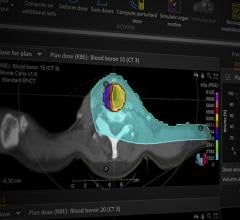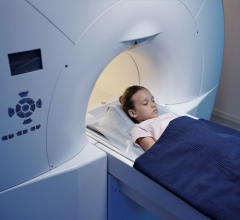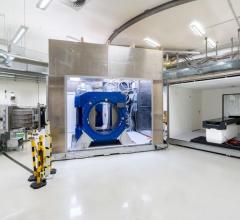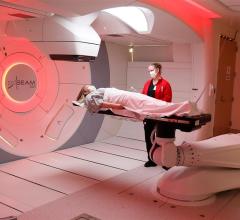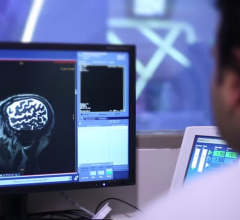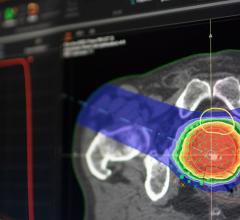October 15, 2014 — Ion Beam Applications SA (IBA) announced that the University of Iowa and IBA have signed a research collaboration agreement and a technology license agreement to develop ultra-high precision intensity modulated proton therapy (IMPT). This agreement includes an exclusive license on the Dynamic Collimation System (DCS) recently developed and presented by the University of Iowa at the American Association of Physicists in Medicine (AAPM) meeting in Austin, Texas.
The Dynamic Collimation System is a device developed by University of Iowa Carver College of Medicine faculty members to improve dose conformity in IMPT. The applications for the DCS could extend to many tumor sites and is expected to improve hypo-fractionated treatments in proton therapy on a five-year horizon.
Frédéric Genin, executive VP product development and management commented: "As soon as we saw the Dynamic Collimation System, we were amazed by its power and its simplicity. The team at University of Iowa impressed us by their creativity and by their approach to the possibilities of proton therapy. We are therefore delighted to partner with them on this project."
Daniel Hyer, Ph. D., proton therapy technical director and clinical assistant professor of radiation oncology, added: "Pencil beam scanning (PBS) provides the ability to magnetically shape dose distributions to match the target volume, but the conformity of these distributions can still be improved with the addition of collimation. Over the last two years, we have developed a novel device, called the Dynamic Collimation System, which is capable of providing layer-by-layer collimation. The DCS is also designed with a much smaller footprint than an MLC, allowing for a small air gap to maximize the benefits of collimation in proton therapy. We are excited to be working with IBA on this project to further improve proton therapy."
For more information: www.iba-worldwide.com; www.medicine.uiowa.edu

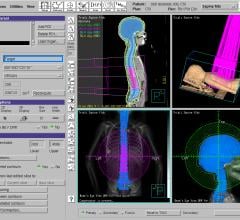
 May 06, 2024
May 06, 2024 
